MLA slams NT government’s failed Aboriginal treaty process
An independent MLA has unloaded on the NT government for a major policy backflip. Read why he’s ‘very disappointed’.
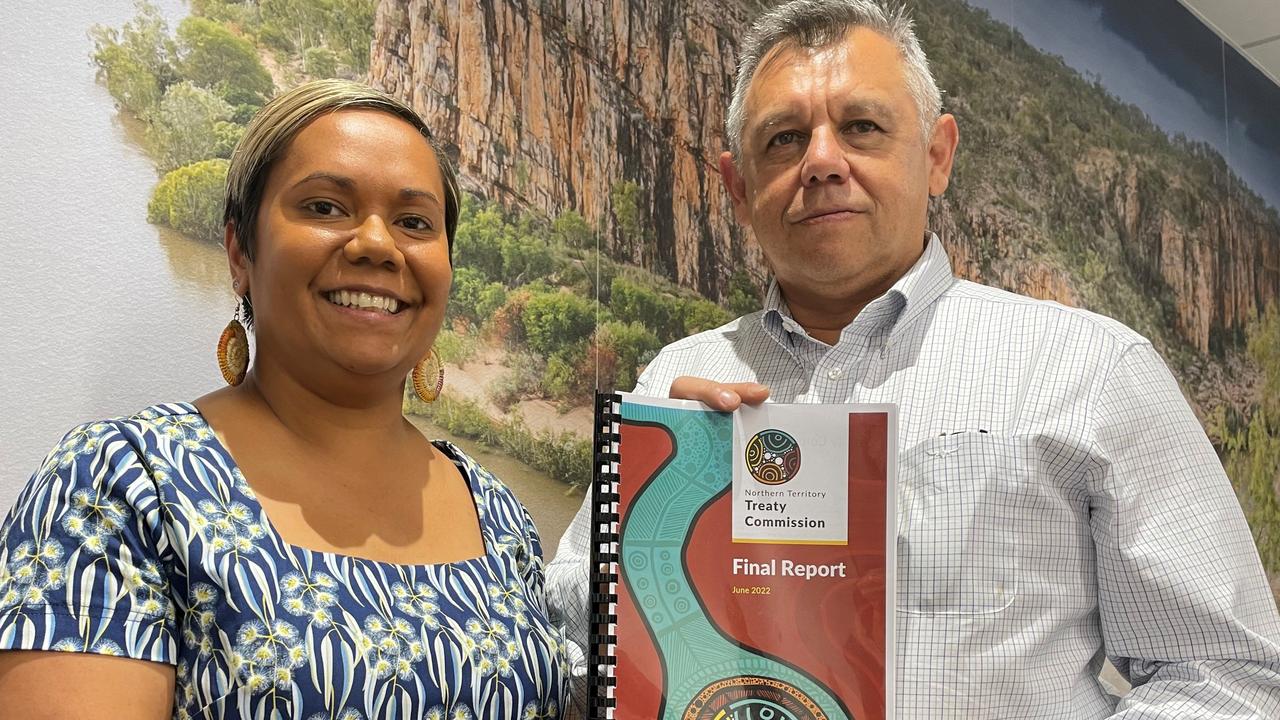
The Territory government’s failed treaty process has been called-out by an independent Member of parliament.
Mulka MLA Yingiya Guyula lashed the government for failing to deliver a workable treaty process and for a failure to create a truly inclusive model.
“The NT government response to the treaty report lacks the strong commitment and decisive action that is needed to achieve genuine treaty,” Mr Guyula said.
“I am very disappointed that the response does not make a strong commitment to the immediate creation of an independent Truth and Treaty Commission and instead looks to establish another government office.
“A true Treaty cannot be created by one side – it needs to be a Makarrata.
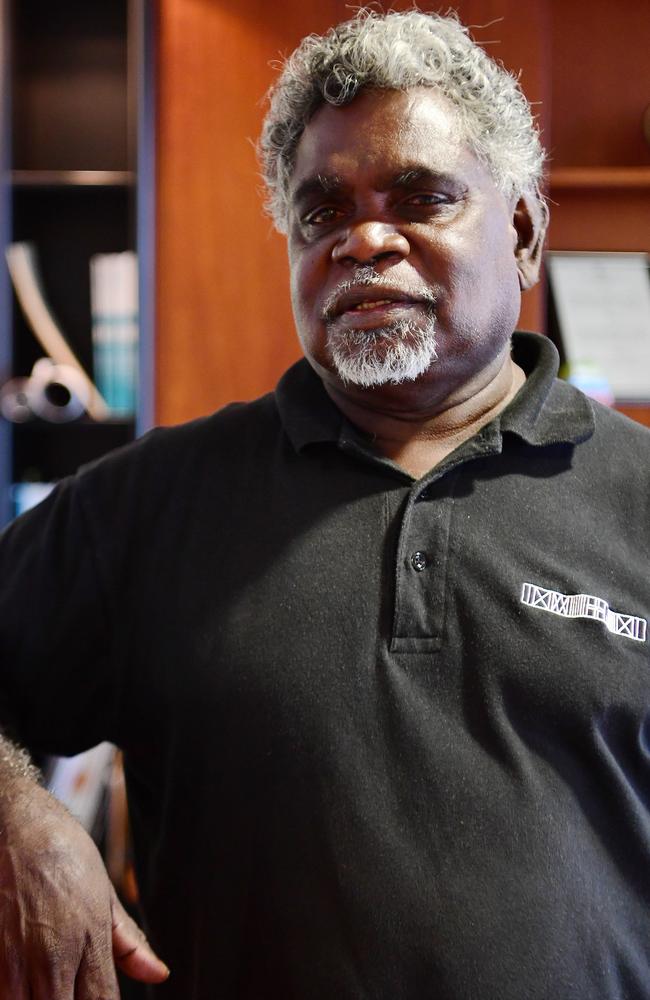
“I am very disappointed that the government have not publicly announced a funding commitment for the treaty process.
“And I am disappointed that government have not committed to a timeline that will allow our current elders to see a treaty process that they have been fighting for throughout their lives.
“This is another example of how this government has strong rhetoric, but when given the opportunity to make change – they fail to do anything except go round in circles.
“But this is people’s lives that they are playing with.
“Each and every day we watch our elders pass away and we lose some of our connections to our culture because of ongoing cultural genocide.
“We don’t want to wait through another two to five years of bureaucracy when we’ve just been delivered a treaty report that gives a complete process and clear pathway to treaty.
“It’s not good enough. My people have been calling for treaty for a long time. We need to see a Treaty process that gives rights and self-determination back to the people and begins now.”
On Thursday Treaty Minister Selena Uibo issued a media release announcing the government was shelving development of an actual treaty in favour of establishment of a Treaty Unit.
It followed the release of the government’s response to the treaty report, which it received in June, which avoided making any time-frame or roll-out commitments.
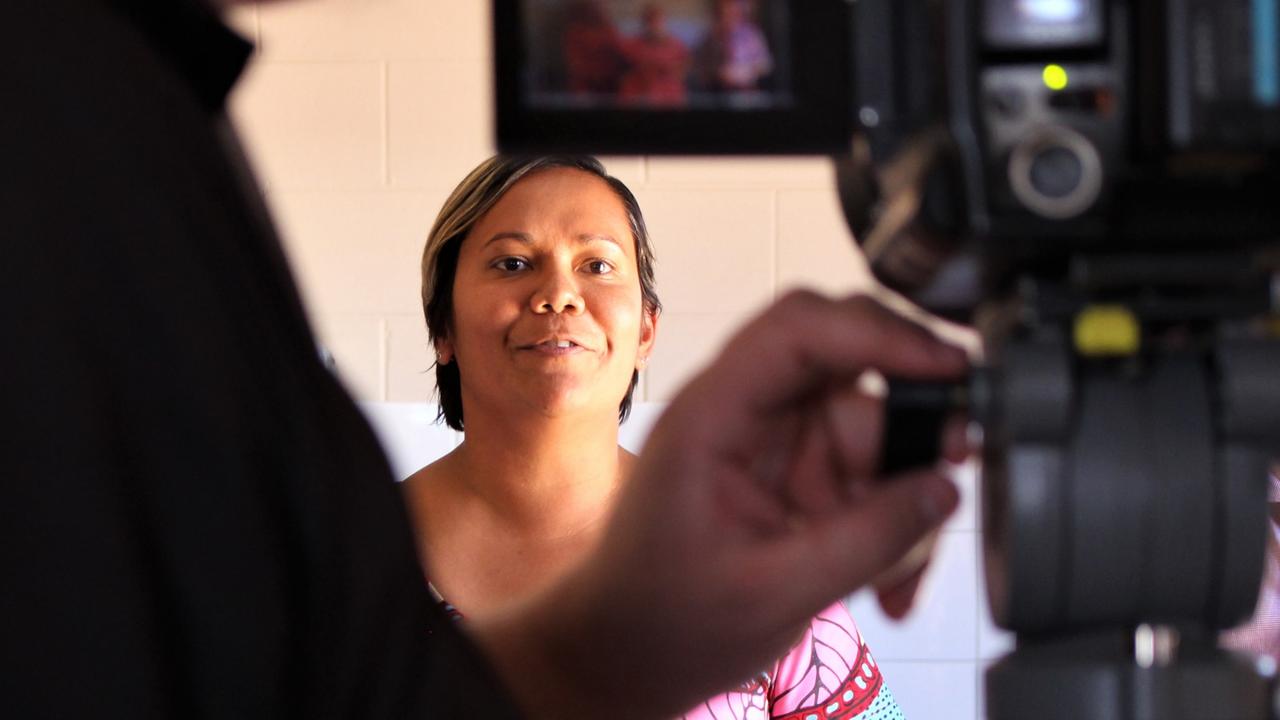
“What is clear is that the pathway to treaty will be complex and require more work to inform development of a final treaty-making framework,” the government response said.
“This work is likely to be influenced by developments nationally, namely the Commonwealth’s own treaty agenda and the development of Aboriginal and Torres Strait Islander Voices at the regional, local and national levels.”
The government’s response failed to identify a clear pathway for a treaty process in the NT.
“Further next steps will be informed through 2023 in-line with the results of stakeholder engagement and developments at the federal level, and will be led by the treaty Unit within the Office of Aboriginal Affairs.”
Ms Uibo declined to be interviewed for this story.
An Aboriginal Treaty was a key platform taken by Labor to the 2016 election.
The process struck a serious hurdle in 2021 when then Commissioner Mick Dodson resigned after it was alleged he called an Aboriginal woman a “slut” while attending an AFL game at Marrara and threatened to “knock her f***ing lights out”.
After a number of months he was replaced by acting commissioner Tony McAvoy who delivered the final report to Minister Uibo in June.
In 2019 the Territory government committed $4.2m over three years as part of the so-called Barunga agreement to support the treaty process.
This included gauging support for the treaty, considering what it should achieve and detailing its benefits for Aboriginal people.
A number of Australian jurisdictions under Labor governments have adopted a treaty process which is intended to deliver a pathway to negotiating a transfer of authority and resources to Aboriginal people.
GOVERNMENT TREATY BACKDOWN QUESTIONED
A Treaty Unit has been established as the next steps for the development of an NT treaty process are announced.
But an indigenous organisation has called out the government on the timing and speed of the progress.
More than four years after the historic Barunga agreement was signed, and six months since the Treaty Commission’s final report was tabled in parliament, the government has released its response.
Treaty and Local Decision Making Minister Selena Uibo said the government would continue to support a Treaty for the NT, but that the process would be “complex and require more work”.
“Since its delivery, the Territory Labor government has been carefully considering the Treaty Report and its recommendations, and discussing them with key stakeholders,” she said.
“What is clear is that the pathway to treaty will be complex and require more work to inform development of a final treaty-making framework.”
Northern Land Council chair Dr Samuel Bush-Blanasi said movement on the NT’s treaty was well and truly overdue, coming 35 years after the Barunga statement was made.
“While the interests and concerns of Aboriginal Territorians weren’t ignored this time around, the progress towards a Treaty in the NT has been far too slow — We’ve seen a lot of words but not a lot of progress,” he said.
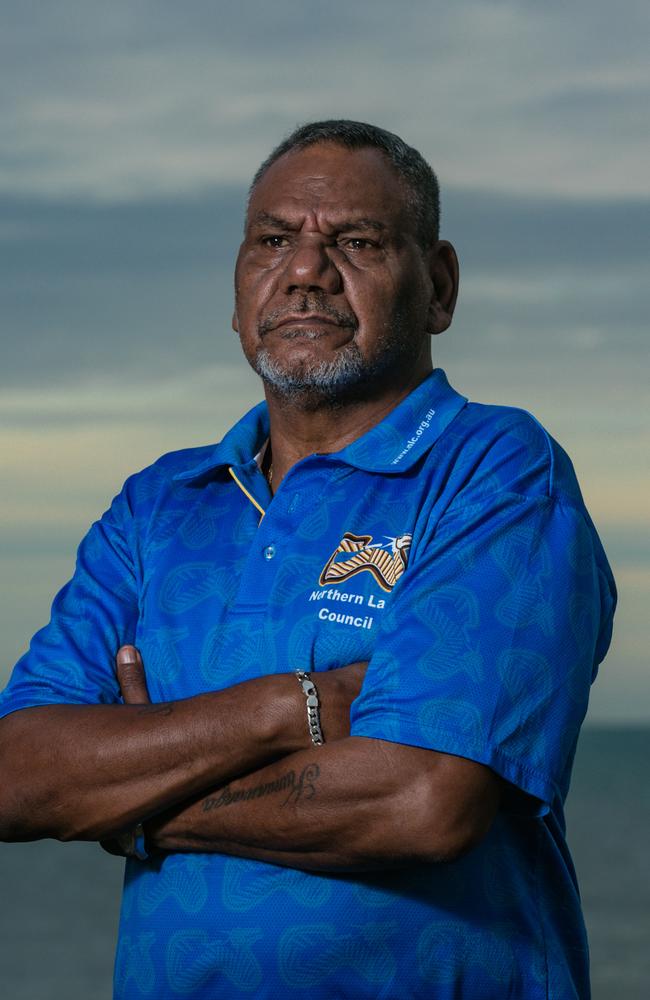
Dr Bush-Blanasi said the response meant it was now time for the NT to “start taking real action”.
“Other jurisdictions are far more advanced in their preparations for treaties and local
arrangements,” he said.
“We need to see draft Treaty documents, draft legislation and start moving forward.
“We’ve lost a lot of time.”
The release of the Treaty Commission’s final report marks the end of their three year role requirement.
The report laid out a number of immediate actions for the government to implement including the repeal of the current NT Treaty Commissioner Act 2020.
Ms Uibo said changes to the Act would be considered in 2023.
Acting Treaty Commissioner Tony McAvoy at the time of the report’s release said the formation of a Treaty would be huge for First Nations people in the NT.
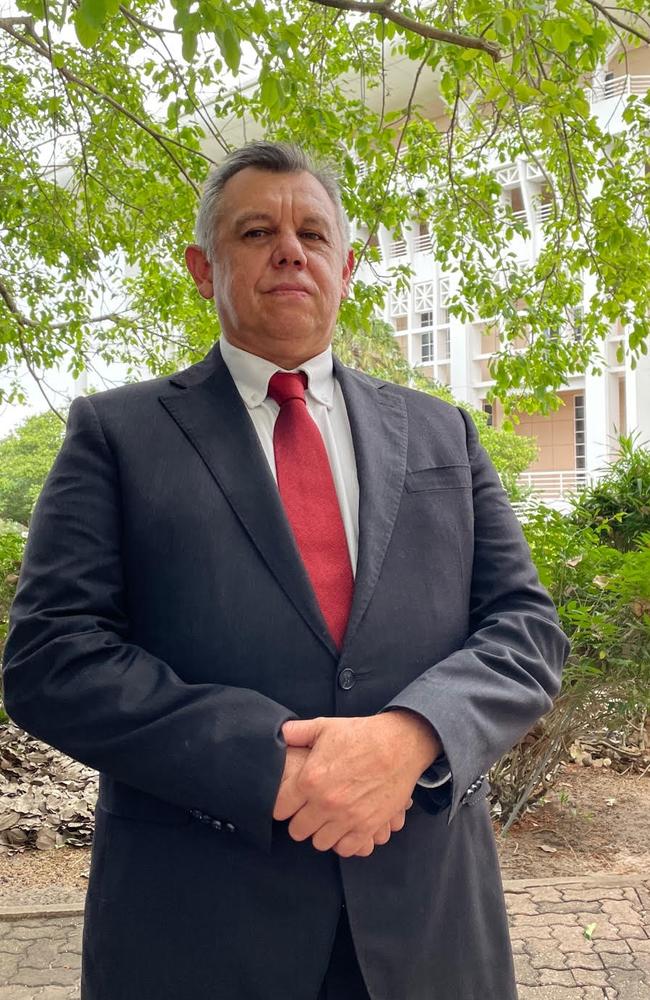
“Aboriginal Territorians hold very dearly their ability to be the spokespeople for their country and that connection to their countries is a very deep part of Aboriginal identity,” he said.
There were also calls for multiple First Nations’ forums to design the Territory Wide Agreement and the establishment of a fully funded Treaty and Truth Commission.
Ms Uibo said the government had committed to holding these in due time.
“A series of First Nations Forums will be held over the next two years. The four Aboriginal Land Councils have been approached to consider their role in these forums,” she said.
She also said work on Indigenous partnerships and recognition being done at a federal level would have an impact on these timelines.
“This work is likely to be influenced by developments nationally, namely the Commonwealth’s own treaty agenda and the development of First Nations Voices at the local, regional and national levels,” she said.
“Careful consideration will also need to be given to how treaties recognise, interface with and build on the various existing laws, policies and structures devoted to recognising, protecting and advancing the rights and interests of Aboriginal Territorians.”
Once the Treaty Framework is formed the NT will become the second jurisdiction behind Victoria to develop a process for treaties.




